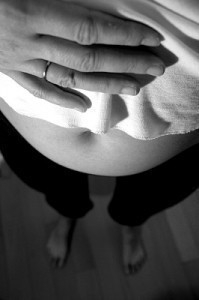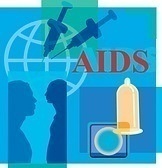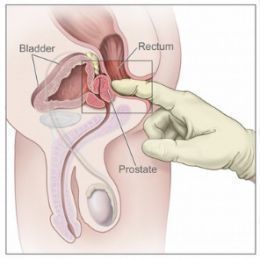Early Pregnancy Symptoms
A medical term used to refer to the carrying of embryo or fetus in the uterus, pregnancy can be a single gestation or multiple gestations. Gestation usually occurs for 38 weeks to 39 weeks. To avoid suffering from complications as well as to ensure the health of the patient and the fetus, it is important to know the early pregnancy symptoms. At the onset of these signs, suspected pregnant patients should seek help with their obstetricians so that health professionals can do diagnostic procedures to confirm if there is an embryo or embryos in the uterus. As soon as the pregnancy is confirmed, physicians can recommend proper prenatal care.
Early Pregnancy Signs
One of the most common early pregnancy signs is implantation bleeding. This condition is characterized by cramping or spotting. Another common symptom is a missed menstruation period. Even if some pregnant women have bleeding, it is lighter and shorter than the usual menstruation period. Swollen breasts can be experienced a week after conception. Other early pregnancy signs include tiredness or excessive fatigue, morning sickness and nausea, constant headaches and backaches, frequent urination as well as darkening of areolas. Food cravings can also be felt by pregnant women since these are caused by missed menstruation, depression and poor diet. In order to manage the condition well, patients are advised to consult with obstetricians if these symptoms occur.
Early Pregnancy Diagnosis
To diagnose the early stage of this medical condition, patients can use a home pregnancy test kit. However, if they are not satisfied with the results of the test, it is important that they seek help with physicians so that medical experts can perform diagnostic procedures. Physical examination and medical history are some of the procedures done by obstetricians to confirm the condition. Physicians may interview the patient about last menstruation, last sexual intercourse and contraceptive use. Another effective and reliable procedure that physicians can do to confirm if a patient is pregnant is ultrasonography.
Early Pregnancy Treatment
Pregnant women are advised to take naps and mild exercise to avoid experiencing fatigue. Patients who experience nausea in the morning, it is important that they eat high protein food before sleeping such as yogurt, peanut butter and yogurt. If the nausea is felt during the day, patients are advised to eat full meals on time. To lessen urination in the night, patients should limit drinking fluids until eight in the evening. Finally, getting enough sleep is important to avoid depression and mood swings.







